Courtni
Where I came from, drinking and using drugs was the norm. Everybody did it, which is why I started at age 14. I’d smoke every…
NO PERSON LEFT BEHIND
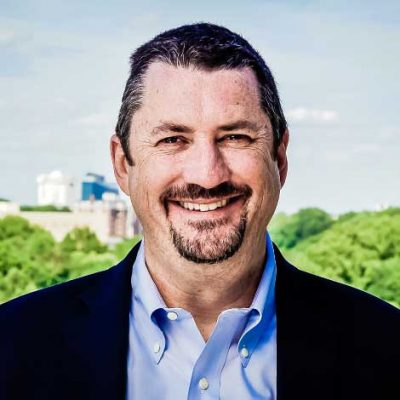
Chris Budnick, Executive Director
“When will life get better?” It’s a common question openly shared and silently contemplated by individuals initiating recovery. And it’s especially true for those arriving at Healing Transitions.
A perfect storm can thwart one’s efforts: the mental obsession of addiction, its physical and emotional toll and the magnitude of obstacles in the way (criminal justice involvement, strained and lost family relationships, debt, the wounds of past trauma, and the guilt of harm caused to others).
This storm can leave many wondering, “Where do I begin?”
“When will life get better?” It’s a common question openly shared and silently contemplated by individuals initiating recovery. And it’s especially true for those arriving at Healing Transitions.
A perfect storm can thwart one’s efforts: the mental obsession of addiction, its physical and emotional toll and the magnitude of obstacles in the way (criminal justice involvement, strained and lost family relationships, debt, the wounds of past trauma, and the guilt of harm caused to others).
This storm can leave many wondering, “Where do I begin?”
With both the infrastructure in place to initiate recovery and a services-on-demand philosophy, Healing Transitions can be that beginning place. In 2019, we set a record for the number of people served and our average daily census. But our “no person left behind” approach continues to place a strain on our capacity.
This stress has led to another question. “When will the overcrowding get better?” Much like recovery, answers to these questions do not occur overnight. Both recovery and our capital expansion are processes that take time, and both are dependent on those within and outside the organization.
Similar to last year, all I can say to those within the organization (our staff, participants and alumni) is thank you for carrying a message of hope to the sick and suffering. You continue to inspire and encourage us.
And to those outside the organization – the volunteers who comprise our Board of Directors, Board of Trustees, Capital Campaign Steering and Honorary Committees and the Development Committee, thank you. To the allies in the community who provide guidance, thank you. To the recovery village that embraces our participants, thank you. To the faith communities, thank you for tending to the spiritual needs of our participants. Thank you to the fitness community. Finally, thank you to those who have supported us financially.
Your belief in our mission and support for the organization sustains us at a time when the burden is heavy and we’re left wondering, “When will this get better?”
Chris Budnick
Executive Director
HISTORY IN THE MAKING
During the mid-1990’s, Wake County was struggling to address the problems surrounding nearly 2,000 homeless individuals, two-thirds of whom were identified as also having an alcohol or other drug problem. Because no shelters would serve individuals under the influence, this population was either sent to the emergency department or to jail.
The County formed several committees to explore possible solutions and eventually recommended the creation of a non-medical detox, an emergency “wet” shelter and a long-term peer-run recovery program (based on a model found in Louisville, KY that was achieving significant results at a minimal cost).
In 2001, Healing Transitions opened its men’s campus with 165 beds. Then in 2006, the women’s campus was opened with 88 beds.
Since its inception, Healing Transitions has provided a better quality and more economical alternative to emergency departments, jails, first responders, and the streets.
OUR 2019 MILESTONES
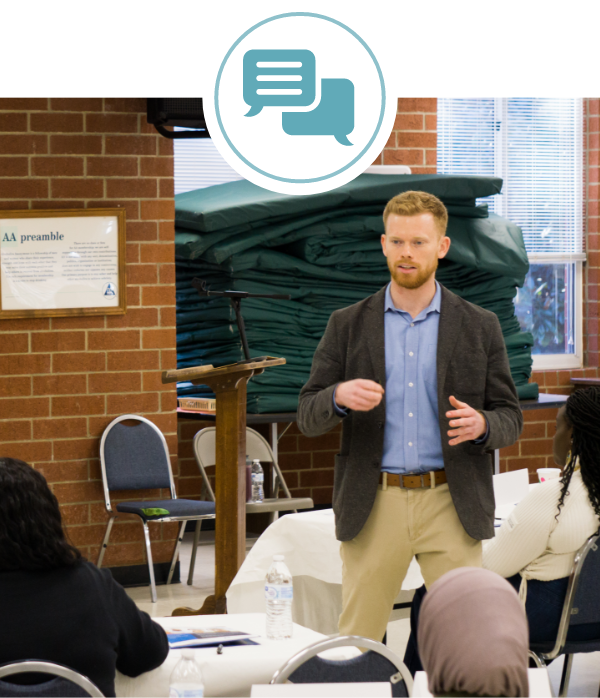
As part of a critically important effort to support the well-being of our staff, we applied for and received grant funding to invest generously in our workforce. Because when we can help keep our caretakers healthy, we help assure better quality of care, reduce turnover related to burnout and promote a healthier workforce. This funding allows staff to meet twice per month with an outside mentor or supervisor to have candid and confidential conversations about work and other aspects of life. The grant also provides an annual training stipend that can be spent on nearly anything that makes an employee’s life better.
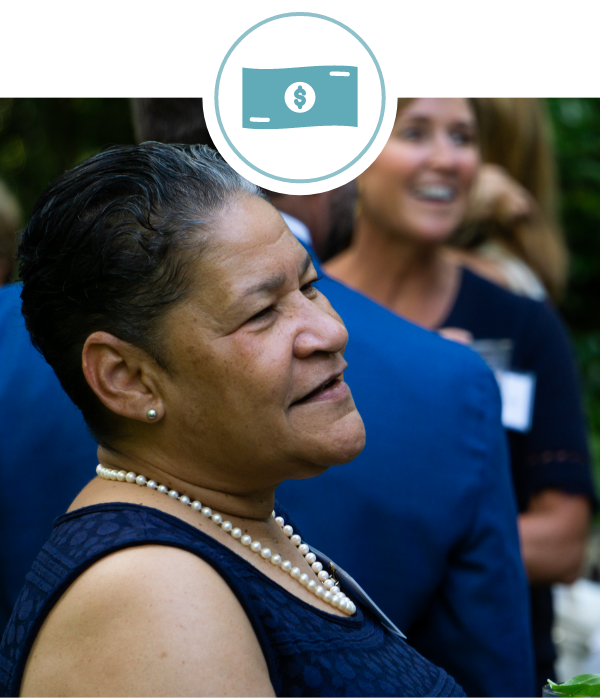
In January 2020, Healing Transitions (once again) became a living-wage organization based on the cost of living in Wake County. This means that we are committed to paying all of our staff fairly for their work.
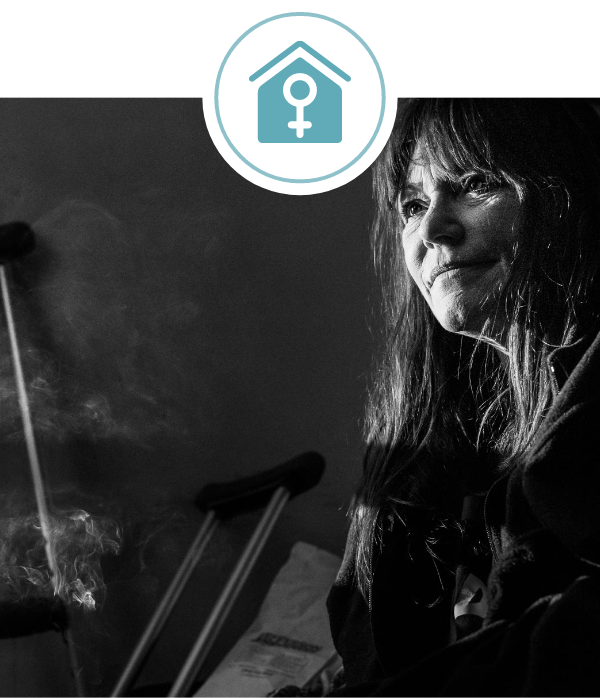
In August 2019, Healing Transitions was one of two organizations called upon by Wake County to expand our overnight emergency shelter for single women. The pressing need involved the number of women sleeping outside at night, a need the county could simply not accommodate. We, along with Urban Ministries, immediately rose to the challenge and began using mats in our community room to increase our capacity and meet the demand. Longer-term solutions include capital expansion for both nonprofits.
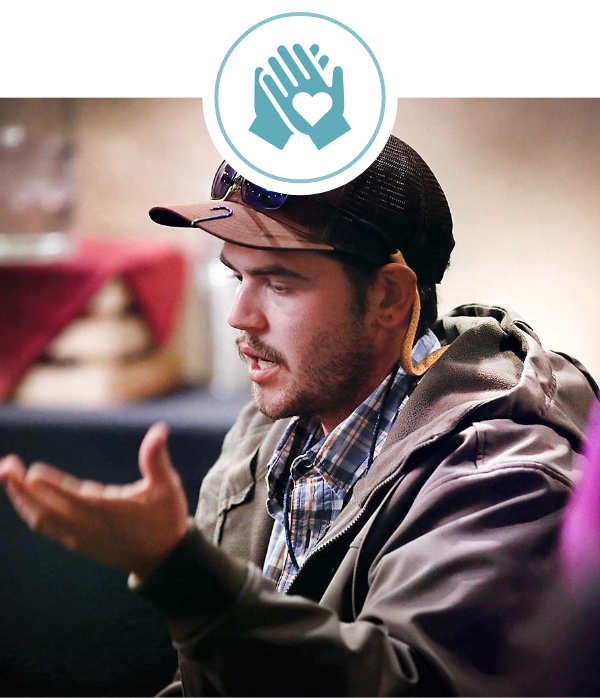
2019 was yet another year of record-breaking demand in the following areas: average daily census, unduplicated individuals served, number of meals and beds of shelter provided, clinic visits and more.
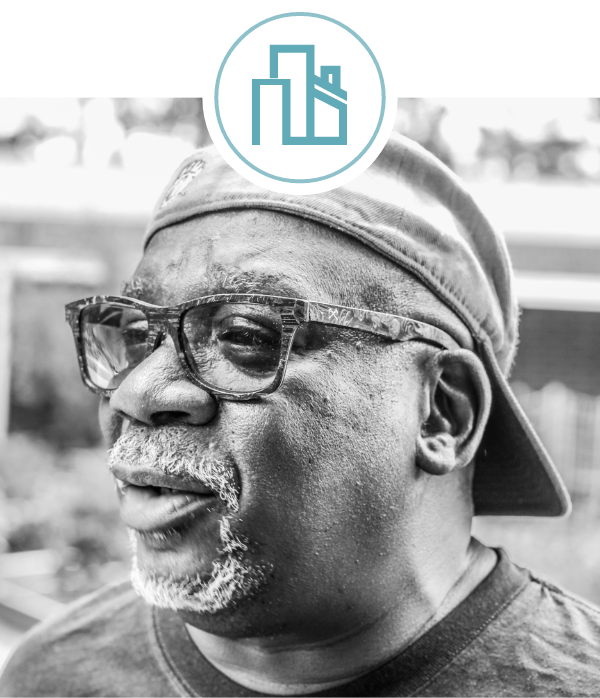
In May 2019, we spearheaded an $11.75M capital campaign (Recovery Can’t Wait) which will enable us to keep up with demand and continue serving people the moment they ask for help and as many times as it takes.
OUR YEAR IN NUMBERS
TOTAL REVENUE – $5,099,862
GOVERNMENT
RESOURCES
PRIVATE
DONORS
EARNED
REVENUE
IN-KIND
DONATIONS
MISCELLANEOUS
RESOURCES
TOTAL EXPENSES – $4,560,8684
MEN’S
PROGRAM
WOMEN’S
PROGRAM
ADMINISTRATIVE
FUNDRAISING
ENTERPRISE
RAPID RESPONDER
PROGRAM
2019 IMPACT STATS
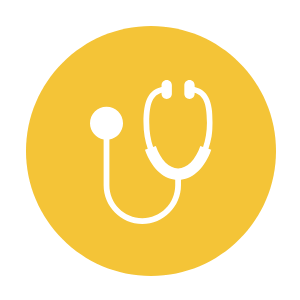
904
PARTICIPANTS
SEEN IN CLINICS

5,320
VOLUNTEER
HOURS
(up 69% from 2018)

2,678
PEOPLE
SERVED
(up 15% from 2018)

317
AVERAGE
DAILY CENSUS
(up 4% from 2018)
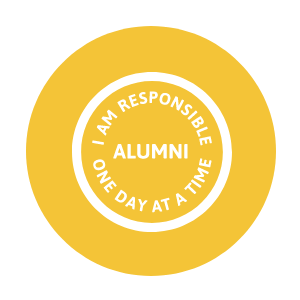
71
SILVER CHIP
GRADUATES
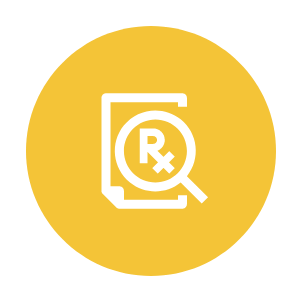
$20,000
GIVEN IN PARTICIPATION
ASSISTANCE

115,552
BEDS
PROVIDED
(up 4% from 2018)

306
OVERNIGHT &
DAYTIME VISITS
(from participant children)

292,000
MEALS
SERVED
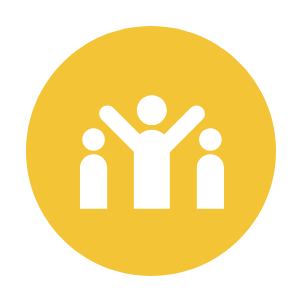
550
VOLUNTEERS
(up 70% from 2018)
STORIES OF HEALING
COMMUNITY PARTNERS
We simply could not do this work without the incredible ambassadors we have leading the way. We rely on each one of these individuals to help move our mission forward as we build a community where long-term recovery can and does flourish. Thank you!
A Place at the Table
Allscripts Volunteer Network
Blue Cross and Blue Shield of North Carolina Volunteer Network
The Camel Club
Dix Park Advisory Committee
F3 (Fitness, Faith, and Fellowship)
FIA (Females in Action)
Habitat for Humanity
Homeless Employment Initiative Team
Homeless Working Group
Journey Church
Nationwide Volunteer Network
Oak City Recovery Run Club
Pullen Memorial Baptist Church
Raleigh/Wake Partnership to End and Prevent Homelessness
Runologie
St. John’s Metropolitan Community Church
St. Mark’s United Methodist Church
Temple of Pentecost Church
Wake County Master Gardeners
Wake County Overdose Prevention Coalition
White Memorial Presbyterian Church
YMCA
Campbell University, Meredith College, Shaw, NCCU
Consumer Education (CESI)
Fatheread
Motheread
North Carolina State University Bachelor of Social Work Program
P3
Triangle Family Services
UNC School of Social Work
Wake Technical Community College
Cary Police Department
CIT (Crisis Intervention Team) Training
Department of Parole and Probation
Garner Police Department
Raleigh Police Department
Wake County Emergency Medical Services
Wake County Sheriff’s Department
Advance Community Health
Alliance Health
Carolina Outreach
Connected Communities
Cornerstone
Duke Raleigh Hospital
Veterans Affairs Medical Centers
Fellowship Health Resources
Monarch
Morse Clinic
NC Harm Reduction Coalition
NC MedAssist
Raleigh Pharmacy
Recovery Communities of North Carolina (RCNC)
REX Healthcare
SouthLight Healthcare
UNC Health Care Addiction Treatment Center at WakeBrook
Urban Ministries’ Open Door Clinic
Wake County Department of Public Health
Wake County Human Services
Wake County McKinney Team
Wake County Medical Society – Project Access
WakeMed Faculty Physicians
WakeMed Hospital
Wake Smiles
A Simple Way Recovery Homes
The Carying Place
The Diaper Exchange
Dress for Success
Emmaus House
Families Together
Family Promise of Wake County
Fellowship Home of Raleigh
The Food Bank of North Carolina
The Green Chair Project
Helen Wright Center for Women
The Interfaith Food Shuttle
LGBTQ Center
Love Wins
North Carolina Guardian ad Litem
Oak City Cares
Oxford Houses of North Carolina
Passage Home
Raleigh Rescue Mission
Salvation Army
SAFEchild
Shepherds Table Soup Kitchen
StepUp Ministries
Toys 4 Tots
Wheels 4 Hope
The Women’s Center of Wake County

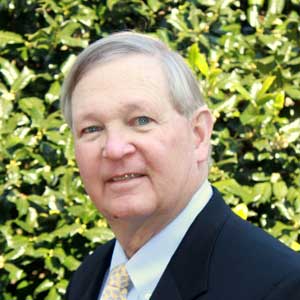
Leon Woodruff
Board Chair
Because of the leadership of our Board and the dedication of our wonderful staff, Healing Transitions is poised for success as we enter this new decade. We continue to serve more individuals than ever before in our organization’s history – in fact, in January 2020 we served an average of 348 people per night in facilities that were only designed to house 253 individuals.